The week's good news: May 21, 2020
It wasn't all bad!


- 1. Virginia Tech therapy dog beloved by students receives honorary doctorate
- 2. Canadian company aims to have its drones plant 1 billion trees by 2028
- 3. All-girls robotics team in Afghanistan hopes its ventilator prototype will save lives
- 4. Alaskan grocer travels 14 hours to collect food to stock store's shelves
- 5. Senior citizens become DJs for new online radio hour
A free daily email with the biggest news stories of the day – and the best features from TheWeek.com
You are now subscribed
Your newsletter sign-up was successful
1. Virginia Tech therapy dog beloved by students receives honorary doctorate
Call him Dr. Moose. Moose is an 8-year-old therapy dog at Virginia Tech's Cook Counseling Center, who was adopted by Dr. Trent Davis, a counselor and coordinator of Virginia Tech's Animal-Assisted Therapy program. Moose started working on campus six years ago, and during his time at Virginia Tech, has participated in more than 7,500 individual and group counseling sessions and over 500 outreach events, helping students with anxiety and trauma and serving as an ambassador for mental health awareness. Moose was awarded an honorary doctorate in veterinary medicine last Friday from the Virginia-Maryland Regional College of Veterinary Medicine. Moose is used to getting accolades — in 2019, he was named an Animal Hero by the Virginia Veterinary Medical Association. When he's not working with students, Moose can be found playing tug of war, swimming, or eating.
2. Canadian company aims to have its drones plant 1 billion trees by 2028
Drones may soon be buzzing in a forest near you, dropping seeds and helping restore the landscape. Flash Forest, a Canadian startup that launched in 2019, uses drones to fire seed pods into land, in some cases flying into areas inaccessible to people. In May, Flash Forest plans on planting 40,000 trees north of Toronto, and will then move onto other regions. Their goal is to plant 1 billion trees by 2028. "When you look at the potential for drones, we plant 10 times faster than humans," Angelique Ahlstrom, Flash Forest co-founder and chief strategy officer, told Fast Company. Seed pods are packed with a proprietary mix that makes them germinate faster and hold onto moisture, even in a drought, and controlled studies have shown high rates of tree survival. The drones can plant 10,000 to 20,000 seed pods every day, and as the technology advances, that number could be upped to 100,000 trees daily, Ahlstrom said.
The Week
Escape your echo chamber. Get the facts behind the news, plus analysis from multiple perspectives.

Sign up for The Week's Free Newsletters
From our morning news briefing to a weekly Good News Newsletter, get the best of The Week delivered directly to your inbox.
From our morning news briefing to a weekly Good News Newsletter, get the best of The Week delivered directly to your inbox.
3. All-girls robotics team in Afghanistan hopes its ventilator prototype will save lives
The Afghan Dreamers, an all-girls robotics team, is using car parts found in marketplaces to create a ventilator prototype that could change the health-care system in Afghanistan. There are only 200 working ventilators in Afghanistan, with many of them hand-operated, and doctors asked the Afghan Dreamers to create a mechanical device. "Even if it saves just one patient's life, I'll be happy," team captain Somaya Faruqi, 17, told NPR. They have been working off of an open source design from MIT, and collaborating with U.S. doctors who provide guidance on clinical issues. Unable to buy pieces online or at electronics stores, the girls found a way to get around their lack of traditional components. "Most of the material we're using is actually from Toyota Corolla car parts," Faruqi said. The team is almost finished with the prototype, and if successful, it's estimated each ventilator will cost just $200 to make.
4. Alaskan grocer travels 14 hours to collect food to stock store's shelves
When your store is the only place in town to buy groceries, you do what's necessary to ensure the shelves are never empty. Toshua Parker owns Icy Strait Wholesale in Gustavus, Alaska — population 450. The town is only accessible by boat or airplane, and Parker used to have his Costco orders delivered via Alaska's ferry system. Because of the pandemic, the ferry isn't stopping in Gustavus. To keep the town fed, Parker and his employees have been making weekly trips to Juneau, where they pick up the orders in person. It's a 14 hour round-trip on a converted military landing craft, which gets loaded with food and other essentials to stock the store. This "doesn't seem like a big deal," Parker told CNN. "Alaskans are fiercely independent and resourceful; you really have to be to survive here. So when a problem arises, we don't typically look to someone else for help, we just find a way to do it."
A free daily email with the biggest news stories of the day – and the best features from TheWeek.com
5. Senior citizens become DJs for new online radio hour
Two of America's newest DJs are Bob Coleman and Ed Rosenblatt, retirees who spin old favorites on Radio Recliner. Radio Recliner is a 60-minute show that streams online, with new programs released every day at noon. All of the DJs live in senior care facilities, where they record their song introductions and transitions before sending them to producers. Radio Recliner was launched in April as a way to ensure that seniors who are in isolation during the coronavirus pandemic can still connect with the outside world. Listeners can also send in their requests and dedications. Coleman, 88, loves country music and is known as the "Karaoke Cowboy." Rosenblatt, 80, recently started teaching himself how to play the ukulele and performed the Beach Boys song "Sloop John B" at the end of his show. "Everybody knows that song," he told The Associated Press.
Catherine Garcia has worked as a senior writer at The Week since 2014. Her writing and reporting have appeared in Entertainment Weekly, The New York Times, Wirecutter, NBC News and "The Book of Jezebel," among others. She's a graduate of the University of Redlands and the Columbia University Graduate School of Journalism.
-
 Why is the Trump administration talking about ‘Western civilization’?
Why is the Trump administration talking about ‘Western civilization’?Talking Points Rubio says Europe, US bonded by religion and ancestry
-
 Quentin Deranque: a student’s death energizes the French far right
Quentin Deranque: a student’s death energizes the French far rightIN THE SPOTLIGHT Reactions to the violent killing of an ultraconservative activist offer a glimpse at the culture wars roiling France ahead of next year’s elections
-
 Secured vs. unsecured loans: how do they differ and which is better?
Secured vs. unsecured loans: how do they differ and which is better?the explainer They are distinguished by the level of risk and the inclusion of collateral
-
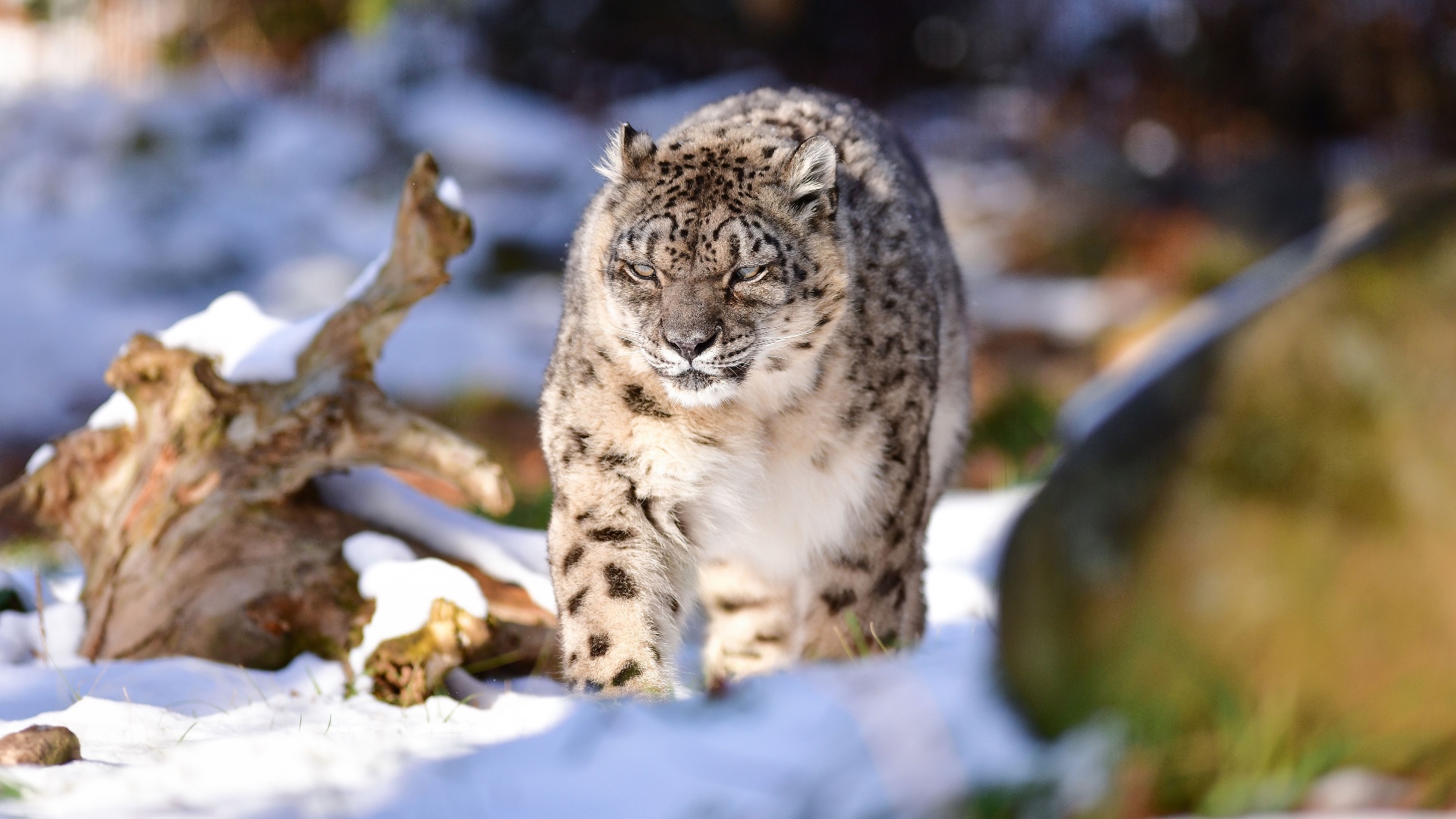 The week's good news: Sept. 21, 2023
The week's good news: Sept. 21, 2023It wasn't all bad!
-
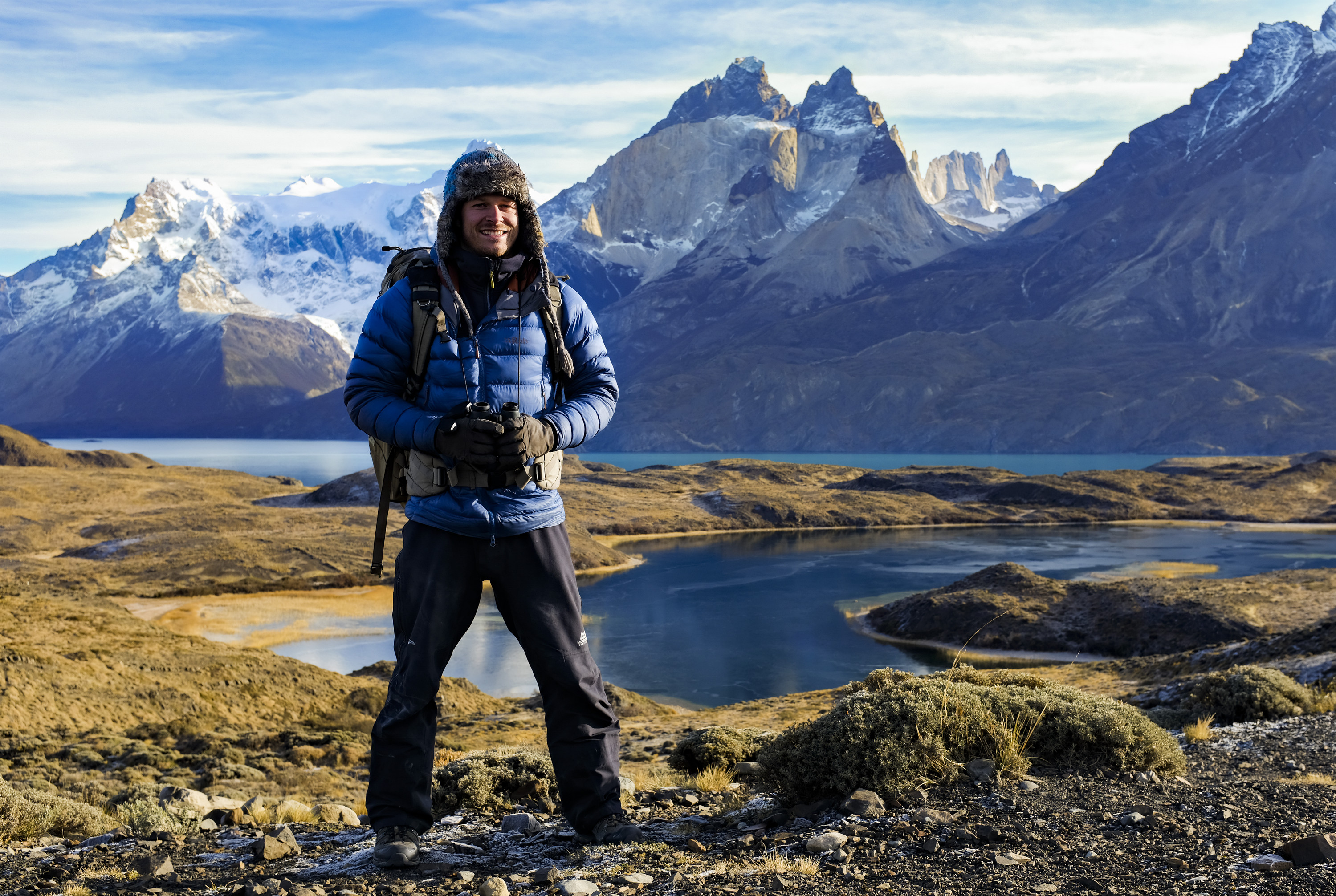 The week's good news: Sept. 14, 2023
The week's good news: Sept. 14, 2023It wasn't all bad!
-
 The week's good news: Sept. 7, 2023
The week's good news: Sept. 7, 2023feature It wasn't all bad!
-
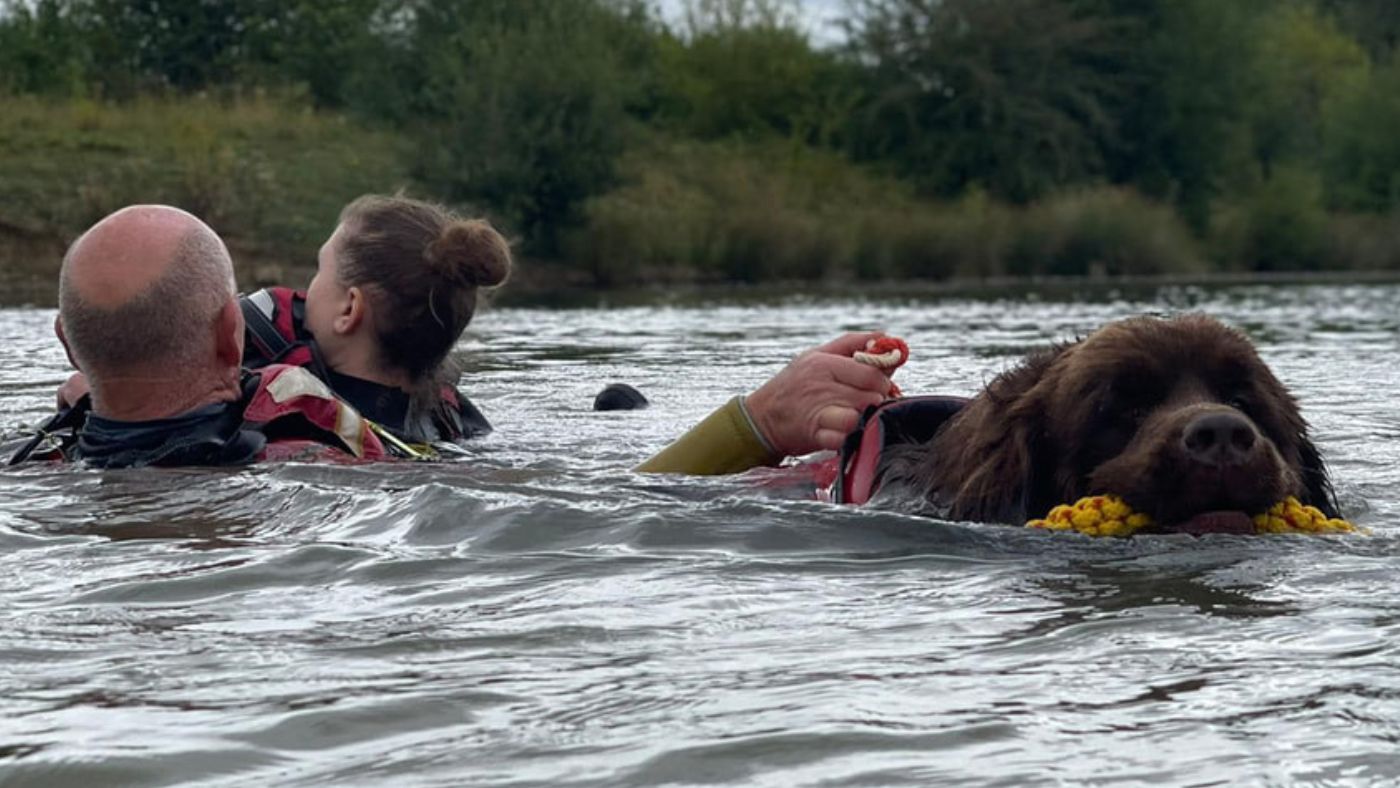 Lives transformed by swimming with Newfoundland dogs
Lives transformed by swimming with Newfoundland dogsfeature Good news stories from the past seven days
-
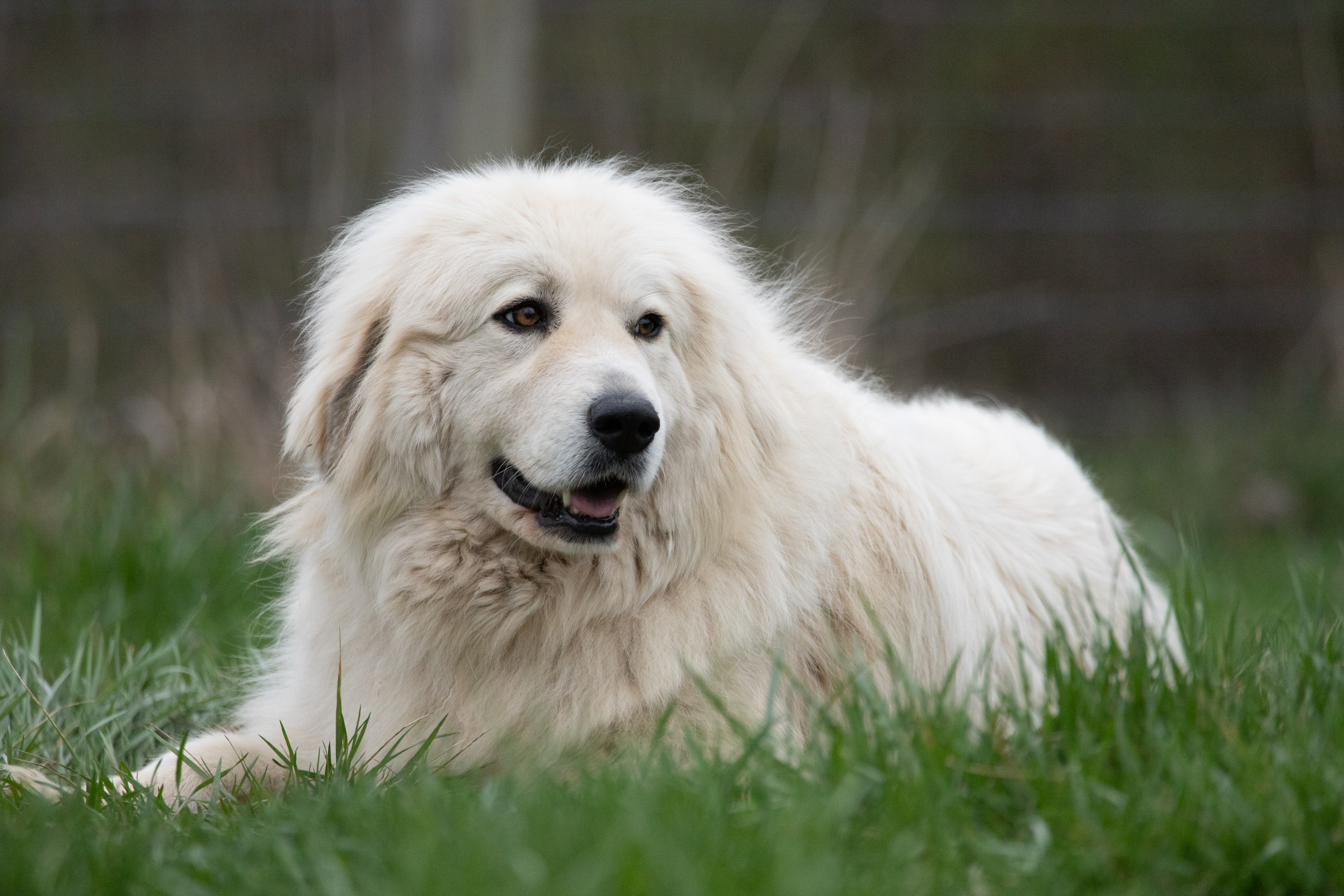 The week's good news: August 31, 2023
The week's good news: August 31, 2023feature It wasn't all bad!
-
 The week's good news: August 17, 2023
The week's good news: August 17, 2023feature It wasn't all bad!
-
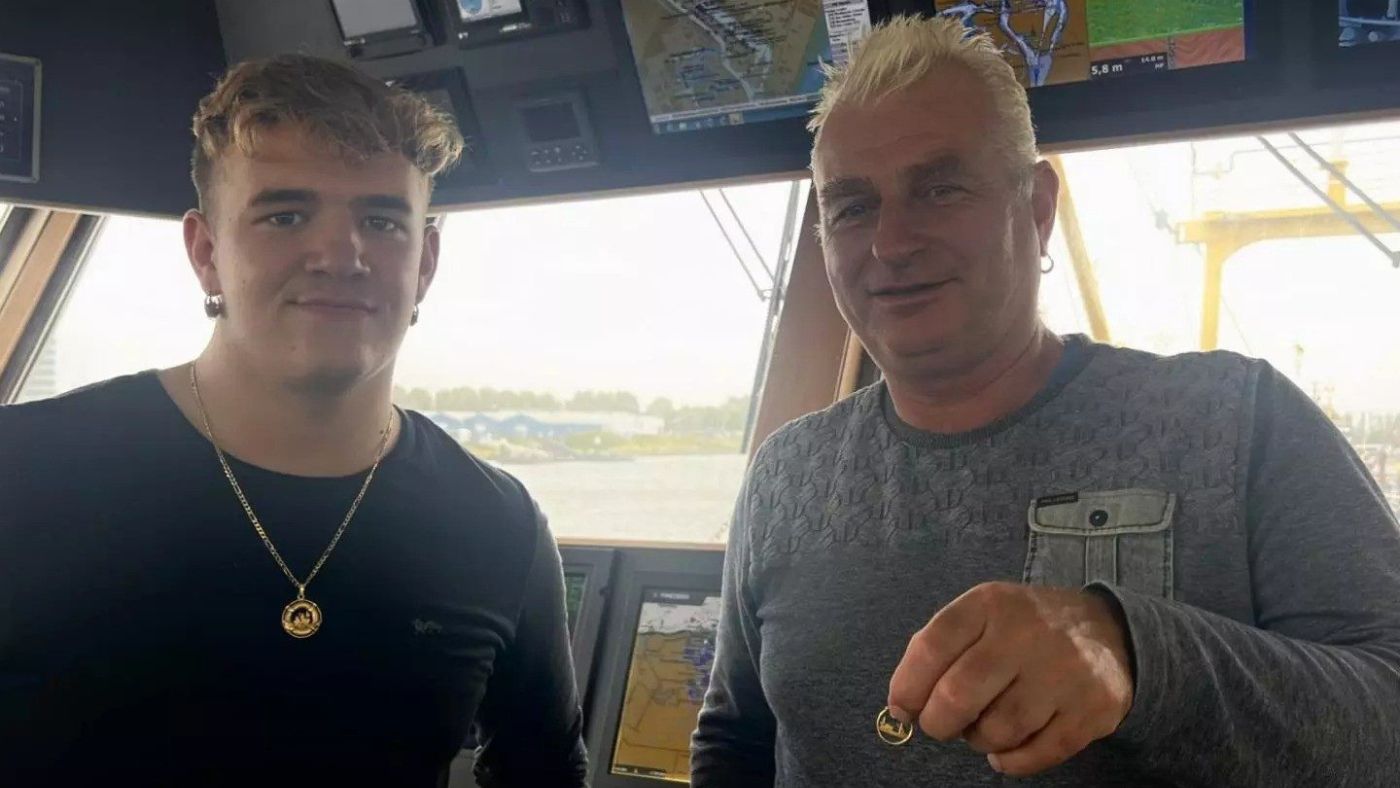 Earring lost at sea returned to fisherman after 23 years
Earring lost at sea returned to fisherman after 23 yearsfeature Good news stories from the past seven days
-
 Farmer plants 1.2m sunflowers as present for his wife
Farmer plants 1.2m sunflowers as present for his wifefeature Good news stories from the past seven days
